Outgoing Biden Administration rules prohibit the sale and import of connected vehicle hardware and software systems, as well as completed connected vehicles.
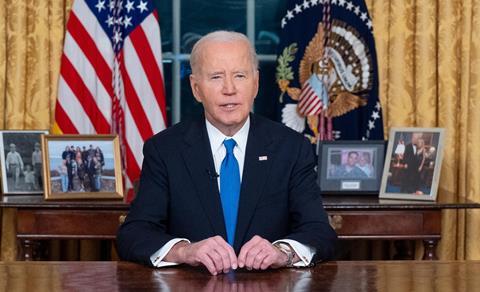
In the final days of his presidency, Joe Biden has announced a rule to prohibit the sale and import of connected vehicle hardware and software systems, as well as completed connected vehicles, from China and Russia.
A fact sheet issued by The White House on January 14 said that the involvement of foreign adversaries in the supply chains of connected vehicles poses a significant threat in most cars on the road today. It said “malign actors” could gain access to the connected systems in the cars, which comprise Wi-Fi, Bluetooth, cellular and satellite components and systems, and the data those systems collected.
“As [Chinese] automakers aggressively seek to increase their presence in American and global automotive markets, through this final rule, President Biden is delivering on his commitment to secure critical American supply chains and protect our national security,” said The White House release.
Read more: US hikes import tariffs on Chinese EVs, batteries and critical materials
The new ruling, issued through the US Department of Commerce, will also help the US defend against China’s cyber espionage and intrusion operations, according to The White House, which it said “continue to pose a significant threat to US critical infrastructure and public safety”.
“Over the past several years, [China] state-sponsored cyber actors such as Volt Typhoon have engaged in an extensive hacking campaign aimed at pre-positioning on – and potentially launching disruptive cyberattacks targeting – US critical infrastructure,” said the statement.
Volt Typhoon is a China-based hacking group reported to have compromised thousands of devices around the world since it was identified by security analysts at Microsoft in May 2023.
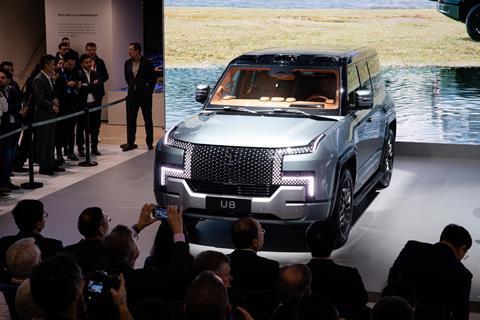
China’s Ministry of Foreign Affairs hit back at the comments, saying it was firmly opposed to the ban on Chinese vehicle technology and the alleged risks were “without any factual basis”.
In a press conference on January 15, China’s Ministry of Foreign Affairs spokesperson Guo Jiakun said that China would take necessary measures to safeguard its interests. He said the ban “disrupted economic and commercial cooperation between companies and violated the principle of market economy and fair competition. “China firmly opposes this,” he said. “We urge the US to stop its wrongdoings of overstretching the concept of national security, and stop going after Chinese companies.”
The White House also said that Russia remains a “malign cyber actor”, with its own history of cyber attacks against the US.
Read more: Cybersecurity ranks among top 5 threats to the automotive supply chain in 2025
“The American transportation system is vital to facilitating commerce, essential services, and daily life,” said The White House statement. “This rule ensures that our critical infrastructure is not exposed to the risk of foreign adversary-controlled supply chains that could provide bad actors with the means to disrupt U.S. critical infrastructure.”
Cutting the connection
The new US government rule will ban the import or sale of certain connected vehicle systems designed, developed, manufactured or supplied by entities with ties to China and Russia. The technology targeted includes vehicle connectivity systems (VCS), or systems and components that connect vehicles to the outside world – including via Bluetooth, cellular, satellite and Wi-Fi modules – and automated driving systems (ADS). The rule includes restrictions on the import or sale of connected vehicles using VCS and ADS software, as well as imports of VCS hardware equipment. Restrictions on software will take effect for model year 2027 and restrictions on hardware will take effect for model year 2030.
A number of Chinese firms are involved in connected car technology. For example, Baidu and AutoNavi provide mapping and navigation tools for use in connected vehicle systems, and BYD and Geely have developed advanced telematics and connectivity platforms for global markets.
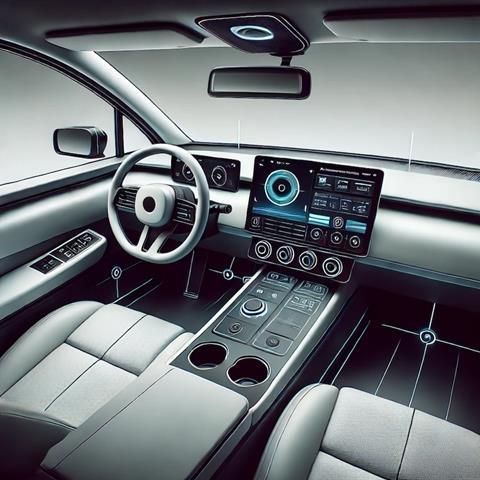
With regard to finished vehicles, the rule bans the sale of connected passenger vehicles in the US by companies that are owned or controlled by China or Russia, even if those vehicles are made in the US. That prohibition will take effect with model year 2027. The Department of Commerce is now also looking to address foreign adversary involvement in the supply chain of commercial connected vehicles.
The US has also said it is banning imports from China-based companies involved in mining, textiles and solar over alleged ties to forced labour, adding 37 entities to the Uyghur Forced Labor Prevention Act Entity List. Guo Jiakun also refuted these US claims and said the move by the US to ban imports on this basis was “designed to interfere in China’s internal affairs, harm China’s interests and hold back China’s development”. Guo said China would firmly safeguard Chinese companies’ legitimate and lawful rights and interests.
Last year Human Rights Watch said global carmakers, including BYD, GM, Tesla, Toyota and Volkswagen, had done too little to map their aluminium supply chains to identify the risk of forced labour, while others had “succumbed to Chinese government pressure to apply weaker human rights and responsible sourcing standards” at their Chinese joint ventures.





























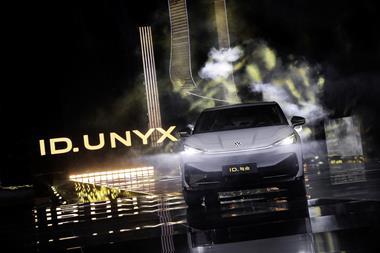


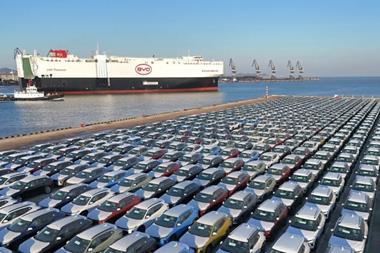
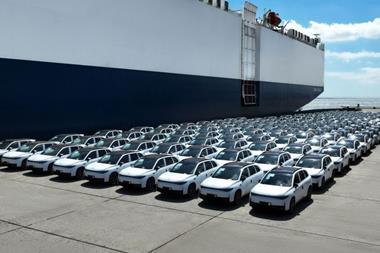
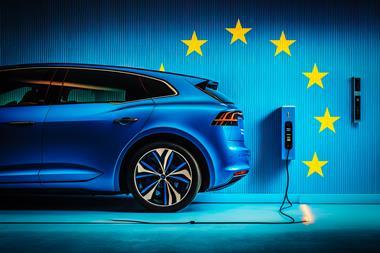



No comments yet